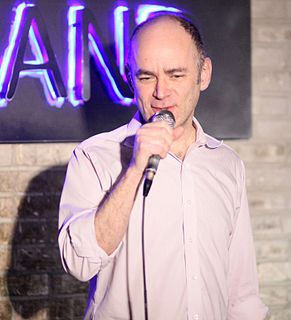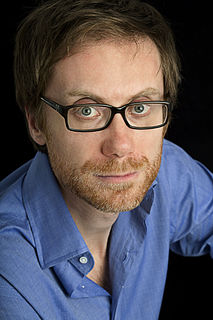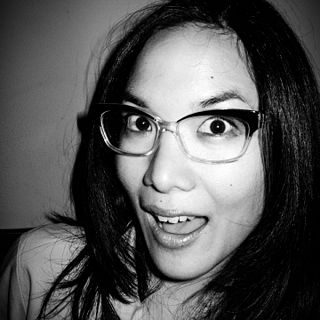A Quote by Hannibal Buress
I did a 'Last Comic Standing' audition in 2006, where you're just performing for three people in a comedy club, in a big comedy club, and I remember them cutting me off, asking about my name in the middle of one of my jokes. Yeah, it's just real weird when you're doing stand-up in that type of sterile, unnatural setting.
Related Quotes
The problem with a lot of comedy clubs is not that they are a comedy club; it's just the cheesy way they're presenting themselves. That's why a lot of people have a problem with them. If you're a relatively unknown comedian, you can play at a comedy club, you might play to hundreds of people every night. But if you try to make a concert event out of it, and try to play a rock club or something, where you might play to 10 people or no people. And the flipside of that is, that's also a great thing, to play to people who are your fans. Some people are too hard on the comedy clubs.
Performing comedy in San Francisco to begin with is pretty wild. You've got to - you've got the human game preserve to play off of. And it's a lot of great characters everywhere. You work off that, and then you play the rooms, and eventually you get to a point where you're playing a club that is a comedy club, with other comics.
I don't personally feel comfortable performing in a comedy club, mainly because as an audience member, I've never enjoyed that experience. It feels a little bit theme-park-ish to me, in that it's a club whose product is comedy. I find that weird. It's like those specialty chocolate stores, where everything is chocolate. It's too specific. I like going somewhere that specializes in variety.
I knew I just loved comedy, and I think it was my parents who initially brought up the notion of me trying to do stand-up. I think I actually tried writing jokes just at home, just kind of sitting around. But it seemed like a very real way to step into the world of comedy. I felt I could do it, so why not?
My life plan was to get into drama school and become an actor, but it took me three years. I applied while I was still at school in my final year, and I didn't get in anywhere, so I took a job in a comedy club - not doing stand-up comedy, because that's my idea of hell, but in the office - and I went traveling.
My first time on TV doing stand-up, I actually did this show in Holland called 'The Comedy Factory' hosted by Jorgen Raymann. It was in 2006 in Holland. It was amazing. I had only been doing stand-up for four years, and I booked that gig through the Just For Laughs Montreal festival, and they flew me out and put me up.
I knew I wanted to be in comedy but the path of least resistance was doing stand-up in folk music clubs where I could get on stage. I guess you could get up no matter how bad you were and you didn't have to audition. You just got up. Everything else required an audition and if you auditioned for a TV show, you would stand in line with a hundred other people. But at the clubs, it was okay just to get up, so that's why I started in stand-up.






























